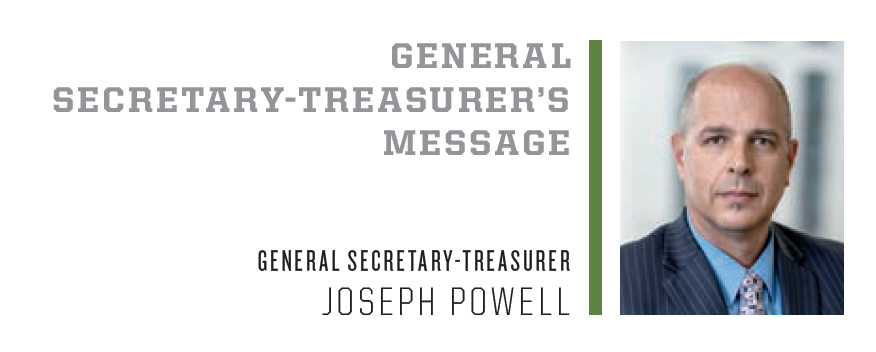On August 8, United States Vice President Kamala Harris and Acting Secretary of the Department of Labor (DOL) Julie Su announced the publication of a rule that updates the Davis-Bacon and Related Acts, strengthening prevailing wage regulations and raising pay standards for SMART members and building trades workers across America. Among other provisions, the updated regulations would restore the DOL’s definition of prevailing wage – making it equivalent to the wage paid to at least 30% of workers in local communities (rather than the weakened 50%) – strengthen enforcement and modernize DOL’s definition of “site of the work” to account for current industry practices. It is expected to raise wage standards for more than one million construction workers.
In response, SMART General President Michael Coleman released the following statement:
“SMART commends the Biden administration and Acting Labor Secretary Julie Su for following through on their promise to our members. By updating Davis-Bacon prevailing wage regulations for the first time in more than 40 years, the Department of Labor is working to ensure that construction workers employed on public works projects are paid what they deserve, helping lift more workers into the middle class and boosting the economies in cities, towns and neighborhoods from coast to coast. This is especially vital as projects funded by the Bipartisan Infrastructure Law, the CHIPS and Science Act and the Inflation Reduction Act continue breaking ground – putting thousands of SMART members to work.
“It’s no coincidence that this announcement arrives just days after Acting Secretary Su joined us at our 2023 SMART Leadership Conference. This is an administration that understands the importance of putting working families first. The gutting of the Davis-Bacon Act under the Reagan administration set us back for decades – now, with this long-overdue update, we can finally ensure that the women and men building our nation receive fair compensation. We thank the Department of Labor and the Biden administration for their continued commitment to SMART members and workers everywhere.”


